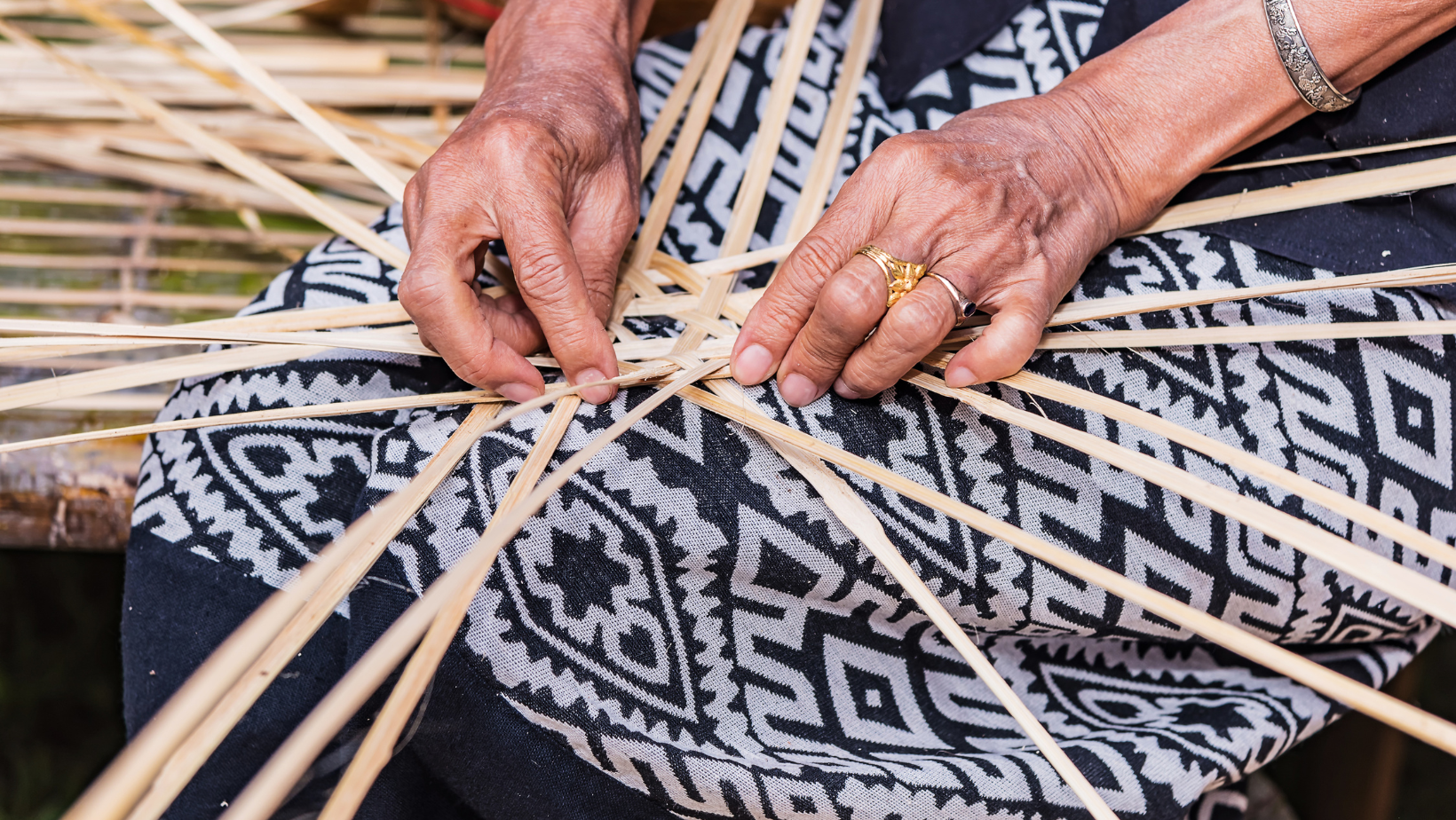Thailand is a popular destination for expatriates seeking new opportunities and experiences. However, it’s essential for expats to be aware of the regulations surrounding employment in the country. Recently, the Ministry of Labor in Thailand released a list of 40 occupations that are restricted for foreigners, with varying degrees of prohibitions and conditions. In this guide, we will break down these restrictions into four categories and provide insight into the penalties for violations.

Category 1: 27 Occupations Completely Restricted for Foreigners
These 27 occupations are entirely off-limits for foreigners. Thai law prohibits foreign nationals from engaging in these professions:
- Wood carving
- Motorcycle driving, excluding forklift operation
- Auction
- Gem cutting/polishing
- Hairdressing/beauty salon services
- Hand-weaving fabrics
- Loom weaving or manufacturing using straw, bamboo, chicken feathers, yarn, etc.
- Handmade paper production
- Traditional lacquer making
- Thai traditional musical instrument making
- Thai niello making
- Gold/silver/platinum smithing
- Stone carving
- Thai doll making
- Alms bowl making
- Hand-woven silk fabric production
- Buddha statue making
- Paper/fabric umbrella making
- Agent/broker services
- Thai massage
- Cigarette rolling
- Guide services
- Street selling
- Thai alphabets arranging services
- Silk thread spinning
- Secretarial services
- Legal services
Please note that engaging in any of these professions without proper authorization can lead to serious legal consequences.

Category 2: Occupations Allowed for Foreigners as per Agreements with Specific Countries
In this category, certain professions are open to foreigners based on agreements between Thailand and specific countries. These agreements must comply with Thai laws, and there are three professions included:
- Profession of accountant
- Profession of engineer
- Profession of architect
Expats from countries with such agreements may have opportunities in these fields, but it is crucial to verify eligibility and comply with local regulations.
Category 3: Skilled or Semi-Skilled Work with Conditions for Foreigners
Foreigners are permitted to work in skilled or semi-skilled occupations, but they must be employed by an authorized employer. This category includes eight occupations:
- Agriculture
- Masonry/carpentry/construction
- Mattress making
- Knife making
- Shoe making
Before pursuing employment in these areas, expats should ensure they have a legitimate job offer and work authorization from their employer.
Category 4: Skilled Work Allowed for Foreigners with Employer Authorization and Entry as per MOU
In this category, foreigners can engage in skilled occupations, provided they have received approval from their employer and have entered Thailand according to the Agreement between the Government of Thailand and Foreign Governments (MoU) on the Admission of Foreign Workers under the Immigration Laws. There are two occupations in this category:
- Sculptor
- Retail salesperson
If you are considering a career in these fields, it is essential to work closely with your employer to secure the necessary permissions and visas.
Penalties for Violations
Thailand’s Ministry of Labor enforces strict penalties for individuals and employers who violate these regulations. These penalties include:
- Employers hiring foreign workers without work permits or using them for unauthorized work may face fines ranging from 10,000 to 100,000 baht per foreign worker employed.
- Repeated violations could lead to imprisonment for up to 1 year or fines ranging from 50,000 to 200,000 baht, or both. Additionally, employers may face a ban on hiring foreign workers for a period of 3 years.
- Foreign workers working without a work permit or engaging in unauthorized activities may be subject to fines between 5,000 and 50,000 baht and may also face deportation.
It is crucial for expatriates and employers in Thailand to be fully aware of these regulations to avoid legal issues and ensure a smooth transition to working in the country. Staying informed and complying with Thai labor laws is essential for a successful expatriate experience in Thailand.



